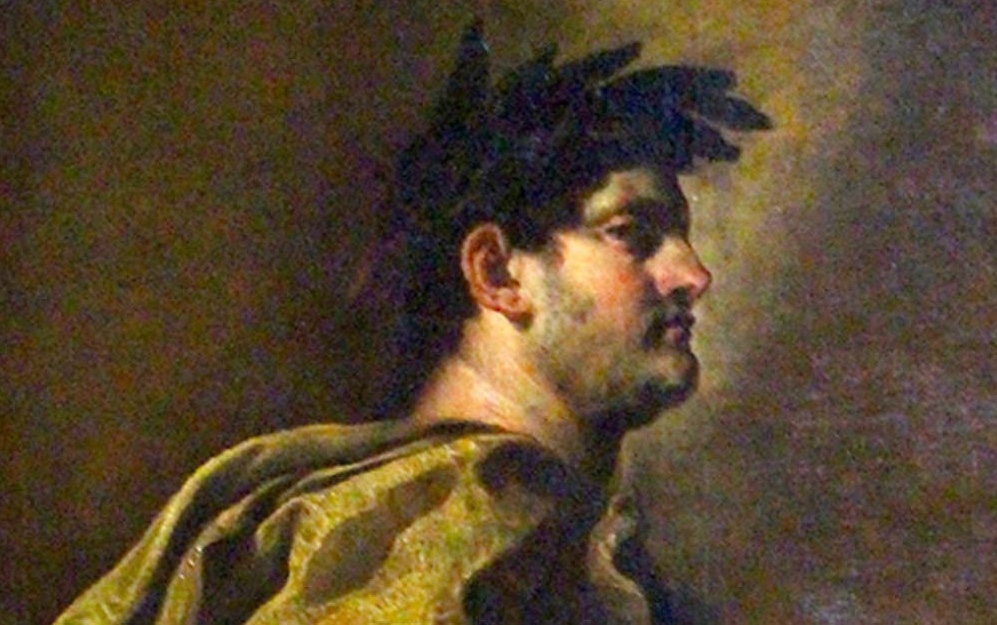In the tapestry of Roman history, the reign of Domitian casts a shadow both fascinating and complex. As the last of the Flavian dynasty, Domitian's rule was marked by contradictions, achievements, and controversies. From his early life to his ascent as emperor, his reign, and enduring legacy, Domitian remains one of ancient Rome's most enigmatic figures.
Early Life and Rise to Power
Born on October 24, 51 AD, in Rome, Titus Flavius Domitianus, known as Domitian, was the son of Vespasian, who would later become Emperor, and Flavia Domitilla. Despite being overshadowed by his older brother, Titus, Domitian's ambition and political acumen were evident from an early age. Following the death of his father and brother, Domitian ascended to the imperial throne in 81 AD, embarking on a reign that would leave an indelible mark on Roman history.
Domitian's Rule: The Principate of Paradoxes
Domitian's reign was characterized by a paradoxical blend of authoritarianism and prosperity, cruelty and competence. He implemented a series of administrative reforms aimed at strengthening the central authority of the emperor, including the expansion of the imperial bureaucracy and the enforcement of strict censorship laws. Under his rule, Rome experienced a period of economic prosperity and cultural flourishing, marked by impressive architectural projects and literary achievements.
Domitian's Military Campaigns and Foreign Policy
Despite his limited military experience, Emperor Domitian was determined to assert Rome's dominance on the battlefield. He launched a series of military campaigns aimed at securing Rome's frontiers and expanding its territorial holdings. Domitian's victories in Germania and Dacia brought glory to the empire but also incurred heavy costs in terms of resources and manpower. His efforts to fortify the borders and maintain peace along the frontiers earned him praise from some quarters but also criticism for his heavy-handed approach to governance.
Domitian's Cult of Personality and Persecution
Domitian's reign was marked by a cult of personality that bordered on megalomania. He demanded divine honors and extravagant displays of loyalty from his subjects, portraying himself as a god-like figure worthy of adoration and reverence. However, his authoritarian tendencies and paranoia led to a wave of political purges and persecutions, targeting perceived enemies and critics of his regime. The Senate, in particular, bore the brunt of Domitian's wrath, as he sought to assert his absolute authority over the ruling elite.
Domitian's Downfall and Legacy
Despite his efforts to consolidate power and maintain stability, Domitian's rule ultimately ended in tragedy. Growing resentment among the Roman elite, coupled with discontent among the populace, culminated in a conspiracy to assassinate the emperor. On September 18, 96 AD, Domitian was stabbed to death in a palace coup orchestrated by members of his own household. His death marked the end of the Flavian dynasty and ushered in a period of uncertainty and transition in Roman politics.
The Legacy of Domitian
Domitian's reign as Emperor of Rome remains a subject of debate and fascination among historians and scholars. While he is often vilified for his authoritarianism and persecution, Domitian's achievements in governance, military affairs, and cultural patronage cannot be overlooked. As we reflect on his legacy, we are reminded of the complexities of power and the enduring impact of leadership on the course of history. Domitian's enigmatic persona continues to captivate the imagination, serving as a reminder of the enduring allure of ancient Rome and its iconic rulers.




